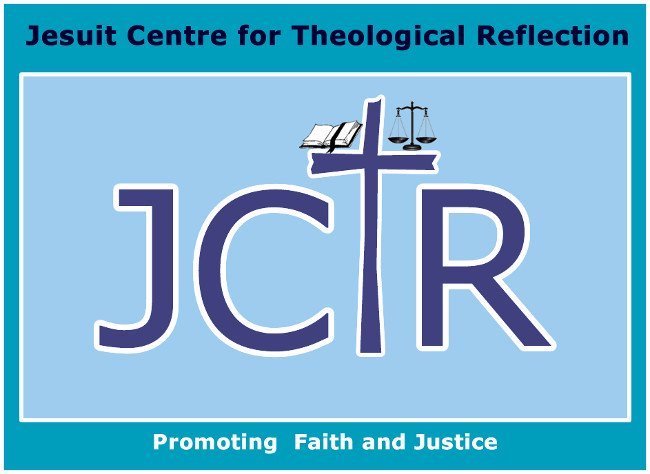ZAMBIA: As Zambia’s National Debt Burden Escalates, CSOs Call for Speeding Up of Cancellation Process

Sr. Jecinter Antoinette Okoth, FSSA
A coalition that seeks to improve public debt management in Zambia dubbed as Civil Society Organization (CSO) Debt Alliance which includes members of the Jesuit Centre for Theological Reflection (JCTR), has asked Government to get moving with the recommended cancellation process following the debt burden in the country.
The nation whose debt has been escalating and whose situation worsened with the advent of Covid-19 pandemic, launched the coalition in 2020 with the intent to seek ways of improving public debt management in Zambia in a harmonized manner and create a platform for advancing stronger debt accountability.
In a February 4 statement, the alliance recommended, “Government must speed up engaging creditors so that a committee of lenders can be formed and provide financing assurances so that the process can move forward to the IMF’s (International Monetary Fund) Executive Board.”
In the statement signed by the chairperson Fr. Alex Muyebe, “Both lenders and the previous Zambian government are responsible for plunging Zambia into the current debt crisis,” hence the “Debt burden is increasing poverty in Zambia, preventing us from tackling and recovering from the pandemic and dealing with crises caused by rich countries such as climate change.”
The CSO members lament that the private lenders and other governments lent to Zambia at high interest rates and high risk.
“Lenders need to accept they lent recklessly and agree a large-scale debt cancellation to allow the people of Zambia to tackle multiple external crises,” reads part of the statement as members of the faith and civil society disclosed that Zambia is currently negotiating a restructuring of its debt with private and government creditors through the G20’s new Common Framework.
The G20 is an inter-governmental forum comprising 20 countries and the European Union (EU) with representatives of the International Monetary Fund and the World Bank whose works addresses major issues related to the global economy, such as international financial stability, climate change mitigation, and sustainable development.
They noted that as the government is in the process of engaging with bilateral or official creditors, multilateral, and private creditors, “Lenders will have to agree to some level of common consensus for the debt restructuring process for Zambia to bear fruits.”
However, reads an excerpt of the statement, “The variation in the types, and nature of Zambia’s debt attracts complexities in arriving at a unanimous decision that will see the process going forward.”
In this case, members of CSO Debt Alliance recommend that “approximately two-thirds of the external debt owed to private lenders and other governments, as well as all interest payments be cancelled if sustainability is to be achieved.”
Additionally, they said, the “government must develop a more aggressive plan to stimulate a private sector-led economic growth beyond the International Monetary Fund programme,” and also adopt a consultative and participatory approach by including key stakeholders like the CSOs in addressing debt management issues such as debt audits. This should not be a preserve of government and creditors only.”


